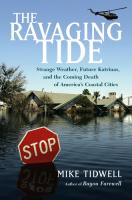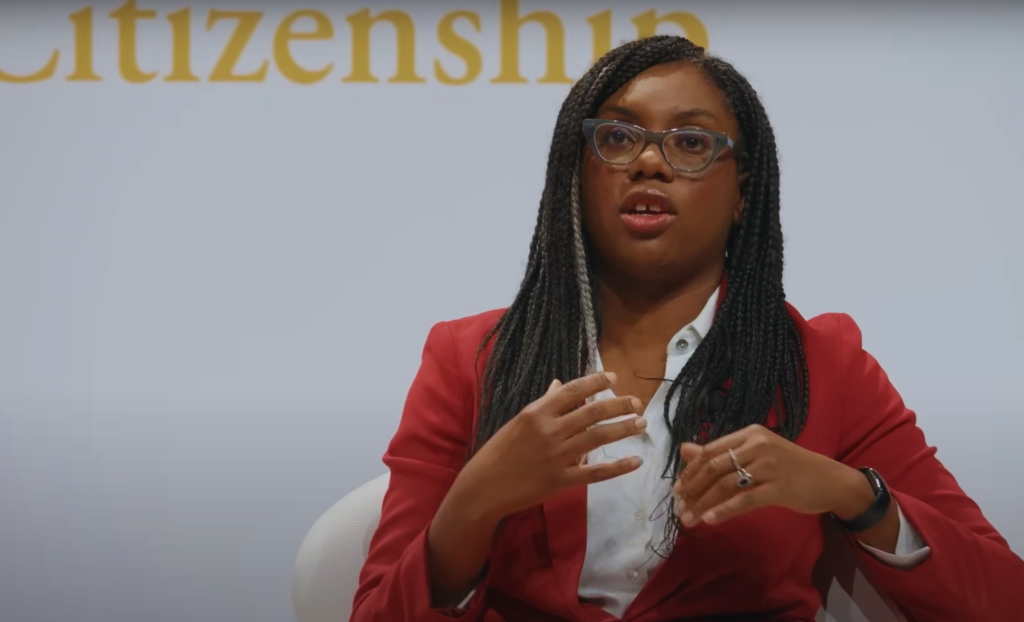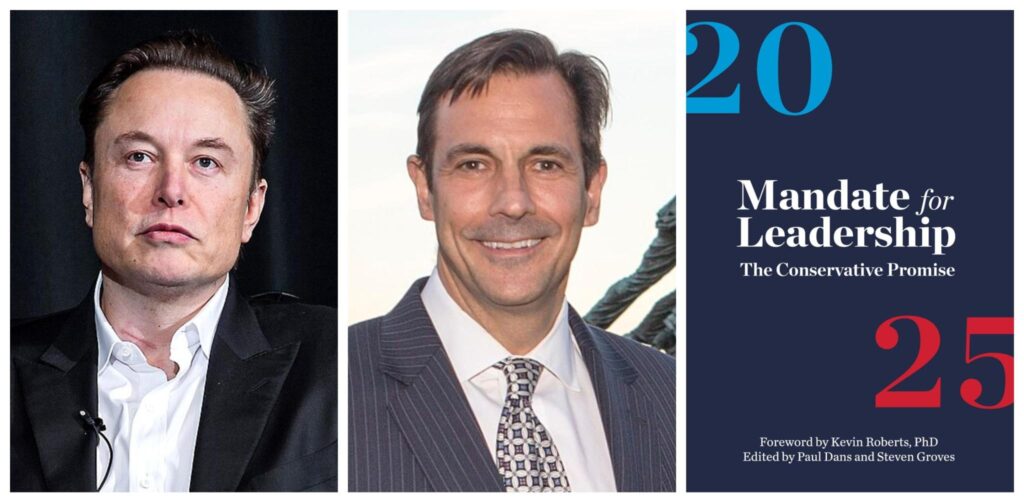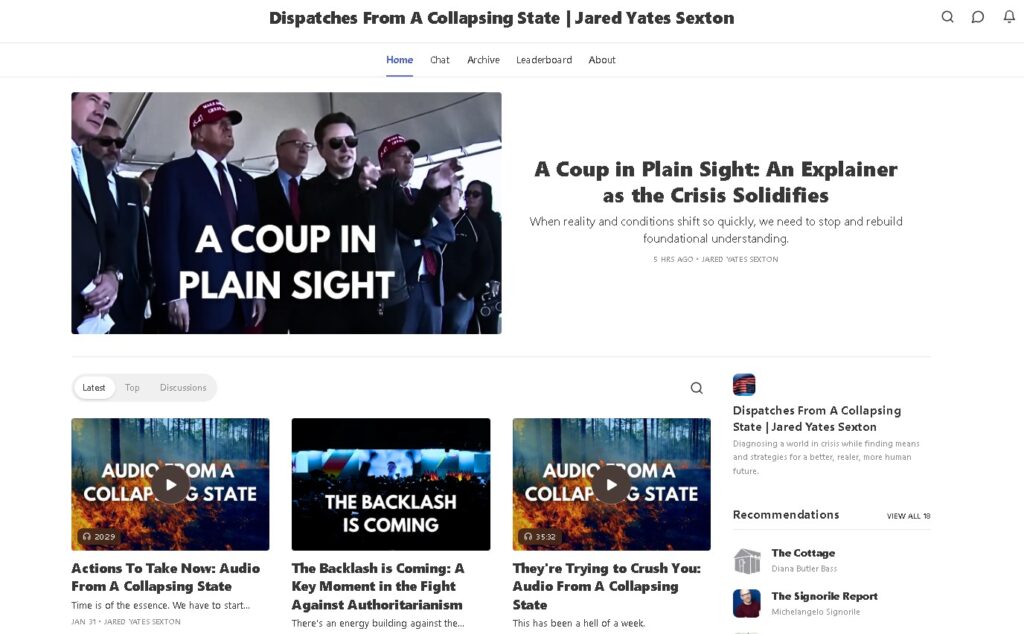In my DeSmogBlog post last week, I provided a detailed critique of Maryland-based climate activist Mike Tidwell’s 2006 book The Ravaging Tide: Strange Weather, Future Katrinas, and the Coming Death of America’s Coastal Cities. Tidwell’s isn’t a particularly new work, but I was inspired to write about it after a visit to the University of Maryland-College Park, where the book has been assigned to the entire freshman class (some 4,000 students).
Given this wide dissemination of Tidwell’s perspective to such a large slice of the student body, I thought a little balance might be called for.
But you might ask—why make such a fuss about Tidwell’s inaccuracy and incautious treatment of scientific information, given that at least his heart is in the right place? Wouldn’t my energies be better spent slamming, say, Michael Crichton?
Well, yeah, and I’ve spent plenty of energy doing precisely that. Same goes for Senator James Inhofe, climate denialist extraordinaire. And for George W. Bush. And for all the think tanks that have received funding from ExxonMobil. And so on.
But when I criticize the Crichtons, Inhofes, and Bushes of the world, I have done so on the grounds of science—they’re skewing the information, twisting it to exaggerate uncertainty or to undermine the scientific consensus. So I feel an obligation to similarly call out my own allies when they commit parallel abuses, but in the other direction. Rather than exaggerating uncertainty about global warming, Mike Tidwell exaggerates certainty: He makes the science seem a heck of a lot more clear cut than it really is, especially when it comes to the relationship between hurricanes and global warming.
However, you might counter that at least with his very passionate approach to the subject, Tidwell galvanizes people to take action. Why critique his facts when facts aren’t the point—when what matters is fire in the belly?
Simple: Tidwell may inspire people, but what does he inspire them to do? In my view, at least in some cases he inspires them to take counterproductive actions.
For instance, I first came across Tidwell when he was leading a protest—described in my book Storm World–outside the offices of the National Oceanic and Atmospheric Administration in Silver Spring, Maryland, just before the start of the 2006 hurricane season. Tidwell charged that the agency was suppressing information about the relationship between global warming—and to some extent, that charge was accurate.
So far, so good.
But then Tidwell shot the moon: He demanded the resignation of Max Mayfield, the distinguished and much beloved director of the National Hurricane Center (who has since stepped down from his post anyway). Now, it’s true: Mayfield probably should have added a few footnotes and addenda to his September 2005 congressional testimony (PDF) that touched on the hurricane-climate issue, so as to take into account some recently published papers. But failing to do so hardly constitutes a firing offense, especially given that Mayfield’s job, which he performed more than admirably, was to protect our coastlines, not keep abreast of the latest climate research.
Watching Tidwell attack Mayfield left a bad taste in my mouth. I felt it showed an utter lack of nuance on his part–Mayfield was the very last person who ought to have lost a job over the Bush administration’s ham-handedness with scientific information.
I think Tidwell’s activities can be counterproductive in other ways, too. In my view, what we need on global warming is not merely to energize the base of people who already agree with us, but to reach across the aisle and move conservatives as well. But the way that Tidwell frames the issue won’t do that. To Tidwell, global warming is repeatedly depicted as a “Pandora’s Box,” set to unleash untold disasters upon the world. And so he tries to communicate on the issue by, in essence, scaring people—making them deathly afraid of devastating impacts like more intense hurricanes.
The “ravaging” tide. The “death” of coastal cities.
But there are at least two problems with this approach. The first is that scaring people all the time can leave them with a sense of fatalism, or lead them to tune out warnings entirely. It’s the classic Chicken Little problem.
Furthermore, insofar as Tidwell exaggerates the science with respect to climate impacts, he is leaving himself open to charges of alarmism, and playing right into a well-documented rightwing strategy that involves constantly attacking the science on climate change. See the Luntz memo for details. Tidwell gives conservatives—tons—to attack. His approach is like a big fat pitch right down the middle.
The last thing we need is for other advocates concerned about global warming to take up Tidwell’s tack and further contribute to misrepresenting and exaggerating the science about specific climate impacts. It’s not just that credibility is at stake, but that nothing is being gained. If we want to convince those still in denial, we shouldn’t play right into one of the chief sources for their denial–namely, the idea that there’s something wrong or dubious about the underlying science. Rather, we must shift the conversation away from science towards common ground solutions and values that everyone can get on board with.
But if you misrepresent the science, you’re not doing that–you’re begging for the same counterproductive “paralysis by analysis” game to continue. And you’re not reaching new audiences. That’s why I think it’s important to critique Tidwell–and if I can get at least some kids at the University of Maryland-College Park to consider these types of concerns, it will have been well worth it.
Subscribe to our newsletter
Stay up to date with DeSmog news and alerts







